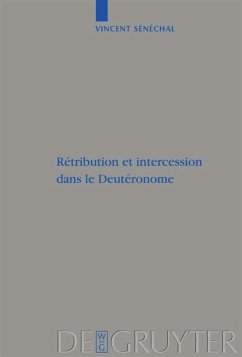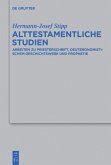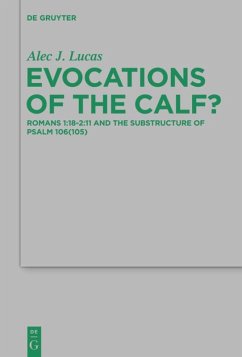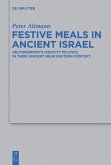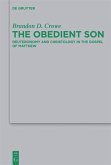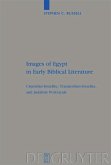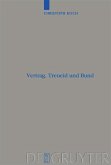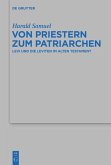In this book Vincent Sénéchal presents a detailed inquiry to solve an enigma: Why does the retelling of the Golden Calf narrative in Deut. 9-10 keep silent on the punishments described in the original account of Exod. 32-34? The absence of punishment in Deut. 9-10 is more than surprising in Deuteronomy, since its theology is strongly oriented to obedience to the law given by YHWH and since it stresses particularly the seriousness of violation of the first commandment. This dissertation aims to investigate the reasons why such an omission occurred in the course of the redactional process and in what sense it is meaningful for the characterization of divine justice in the whole book. The author first offers a comprehensive state of recent exegetical research on Deuteronomy and the Pentateuch. In the course of the investigation, he reflects on categories such as sin, retribution and intercession and analyses the different kinds of retribution present in the book. He then studies the redaction history of Deut. 9:7-10:11 and describes its place and function both in the composition of the Pentateuch and in the history of Israel during the first decades of the Persian period. This historical contextualization leads to several hypotheses to solve the puzzling enigma.
Hinweis: Dieser Artikel kann nur an eine deutsche Lieferadresse ausgeliefert werden.
Hinweis: Dieser Artikel kann nur an eine deutsche Lieferadresse ausgeliefert werden.
"Pour ceux qui s'intéressent au Dt, son travail offre une synthèse réussie de la recherche et un bon outil pour approfondir l'étude de plusieurs textes. Sur le motif de la rétribution, l'étude apporte bien des nuances et des précisions indispensables sur la rétribution et la justice de Dieu, et sur l'évolution interne de ce débat dans le Dt. Il s'agit d'une amorce constructive et bien utile sur un thème qui émerge dans le Dt et devient central pendant la pédiode postexilique."Dany Nocquet in: Etudes Théologiques et Religieuses 1/2012 "This is an impressive display of exegetical skills in both the synchronic and diachronic arenas. S. respects the limitations of both the textual evidence and his own analyses, and this is reflected in his rather modest or cautious conclusions. Readers will find informative discussions (and judicious assessments) of what is happening in Deuteronomic and pentateuchal study. A wide range of scholarship is included and discussed in considerable detail. There are even handy appendixes that summarize the positions of major contributors. The book contains an index of Scriptural passages and an author index."In: The Catholic Biblical Quarterly 73/2011

